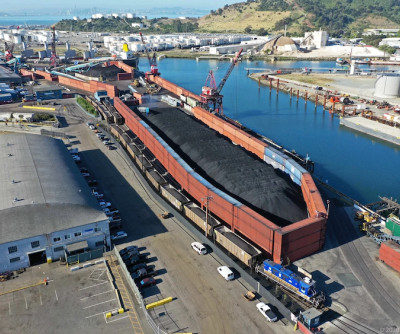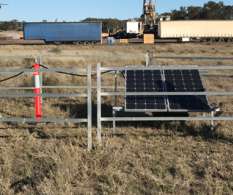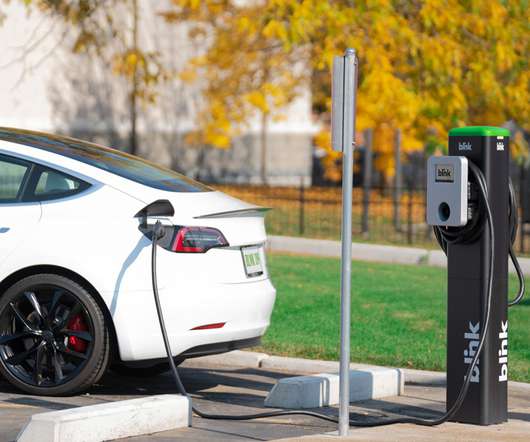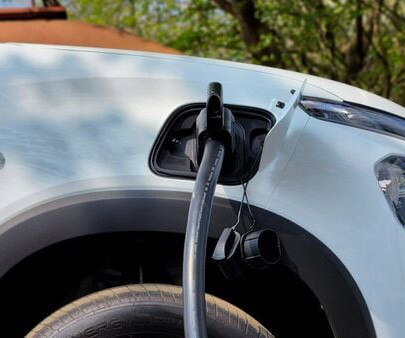Study finds coal trains add significant amount of PM2.5 pollution in urban areas
Green Car Congress
MAY 1, 2023
Coal trains and terminal operations add a significant amount of fine particulate matter (PM 2.5 ) pollution to urban areas—more so than other freight or passenger trains— according to a study conducted in Richmond, California, by the University of California, Davis. Coal trains contributed 2 to 3 µg/m 3 more of PM 2.5







































Let's personalize your content